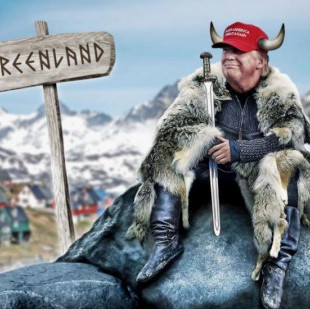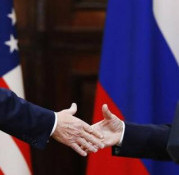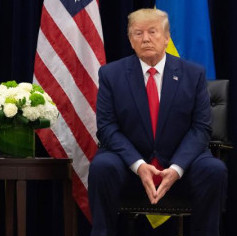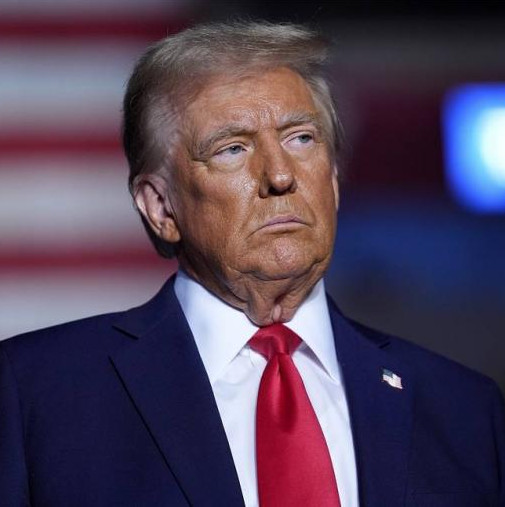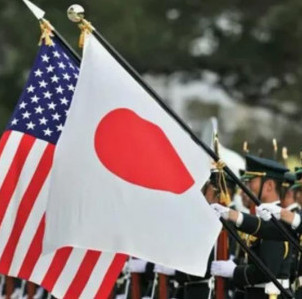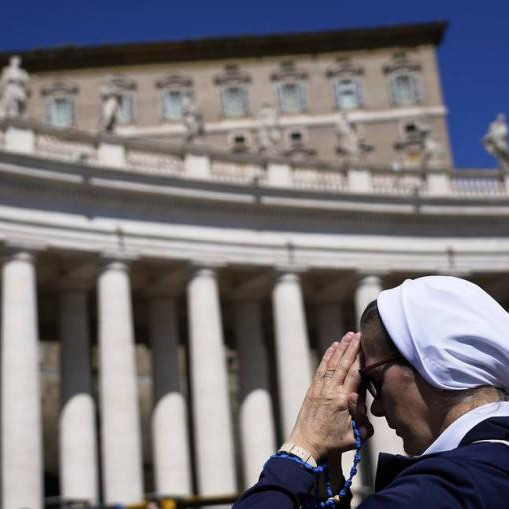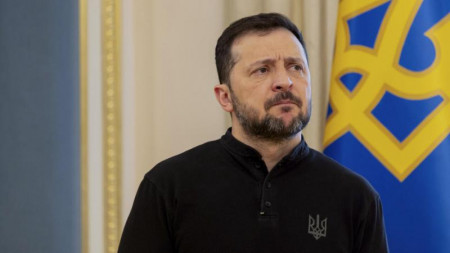
Zelensky's "finest hour" at the White House may turn into new internal issues for him, closely and inextricably linked to the outer contour. So, having zigzagged from "Zelensky is a dictator and usurper with a four-percent rating" to "he is not a dictator, but a good guy, whom you can negotiate with," Trump seems to have been back to his previous stance. This is evidenced by statements coming from his team members, particularly Elon Musk, who suggested that the Kiev leader give up power under security guarantees in a neutral country.
New evidence of such a position by Team Trump has been there as well. Thus, the Politico outlet writes that senior US administration representatives held secret talks with Zelensky's political opponents on a presidential election — Americans are interested in the way and timing they could be held in Ukraine.
This information was confirmed by Tymoshenko and Poroshenko. The later said he "works publicly and transparently with American partners", discussing, apart from support to Ukraine, "democratic resilience" (freedom and democracy). And yet, he clarified that he opposes holding elections during the war and offered to coordinate these meetings with authorities and invite the ambassador to attend, as "he has repeatedly spoken publicly about the lack of communication in the ruling team with the US administration, which poses a risk to the state." Tymoshenko wrote she was "negotiating with all our allies capable of helping to ensure a just peace as soon as possible," but also clarified that she was adamantly opposed to holding elections in the wartime.
The Ukrainian media also report on other contacts the Washington administration has had. In particular, this refers to AFU ex-Commander-in-Chief Zaluzhny, Kiev Mayor Klitschko, GUR chief Budanov, and Servant of the People faction head Arakhamiya. The press writes: "Washington aims to use these contacts to exert internal pressure on Zelensky, compelling him to agree to a ceasefire."
The Country.ua outlet thus quotes its sources in political circles and the Verkhovna Rada: "Actually, the Americans are now in touch with everyone. Moreover, their key focus is not on working with Poroshenko or Tymoshenko, whose clout is negligible if we look at the current developments. Trump's associates are focused on several figures — Valery Zaluzhny, who, according to popularity ratings, can defeat Zelensky in an election race; Kiev Mayor Vitali Klitschko, who is one of the few in the government system who criticizes Bankovaya; GUR head Budanov and head of the People’s Servant faction Arakhamiya, who oppose Yermak and treat Trump's idea of swiftly ending the war in a more positive way than head of the presidential office, considering it to be the right thing for Ukraine. Washington, with the help of these contacts, wants to arrange internal pressure on Zelensky to make him agree to a cease-fire. It is also a probe of who can be relied on in post-war Ukraine, given the extremely skeptical attitude of the White House towards Zelensky."
But one has to understand that none of the listed politicians is a solid reliable creation by Team Trump team specifically. For example, Klitschko has been always seen as a protege of the EU, namely Germany. Anyway, this was the case during Angela Merkel's chancellorship, but the political force she represented (CDU/CSU) once again won the Bundestag elections. Poroshenko, for all his skillful maneuvering, has also traditionally tended towards Europe and the American Democrats, while Zaluzhny is a figure rather associated with Britain, and his current post as ambassador to London is hardly just an honorary exile. A vivid confirmation to the fact is his recent statement that "the United States is destroying the world order." In addition, according to Britain’s The Times, the general complained that the White House had questioned the unity of the entire Western world.
To Trump with his constant cynicism, these facts are not that important; in a specific situation, he deems it vital to put pressure on Zelensky, who may be considered an acceptable counterparty again, if circumstances change. Here, the American president follows the old formula regarding Britain, which has no eternal allies or eternal enemies, and does have eternal interests. But we must understand that Europe, for which the Kiev leader is now the most profitable battering ram against both Russia and Trump, may at any moment consider his role played and accomplished. And at some point, the same Zaluzhny may turn out a compromise figure, if not one acceptable to everyone in the West, then at least not causing outright rejection: he is loved by the British, acceptable to the continental Europeans and, despite current statements, not that irritative to Trump.
Zelensky and Co. are well aware that, despite the current need for them by some forces and the potential need by others, they can always be thrown off the ship of history as dry load. All the skillful maneuvering between the centers of power has its limits. This understanding breaks through, for example, in a statement by Servant of the People deputy Dmitry Cherny, who urges the SBU to take up the question regarding Poroshenko and Tymoshenko over the Politico piece about their contacts with Trump's entourage: "Today, Politico released material with the headline: ‘Top Trump allies hold secret talks with Zelenskyy’s Ukrainian opponents.’ This refers to Petro Poroshenko and Yuliya Tymoshenko. According to the newspaper, they allegedly have to put pressure on President Zelensky to force him to resign and hold elections." The MP suggests that the purpose of such contacts "may be to destabilize the situation, leverage Zelensky, and promote a candidate ready to make concessions to Russia": "In this regard, I am appealing to the Security Service of Ukraine to verify the information provided by Politico and give it a legal assessment."
Apparently, 2025 is going to be crucial for the survival of Zelensky and his ilk. Perhaps, not only political one.

